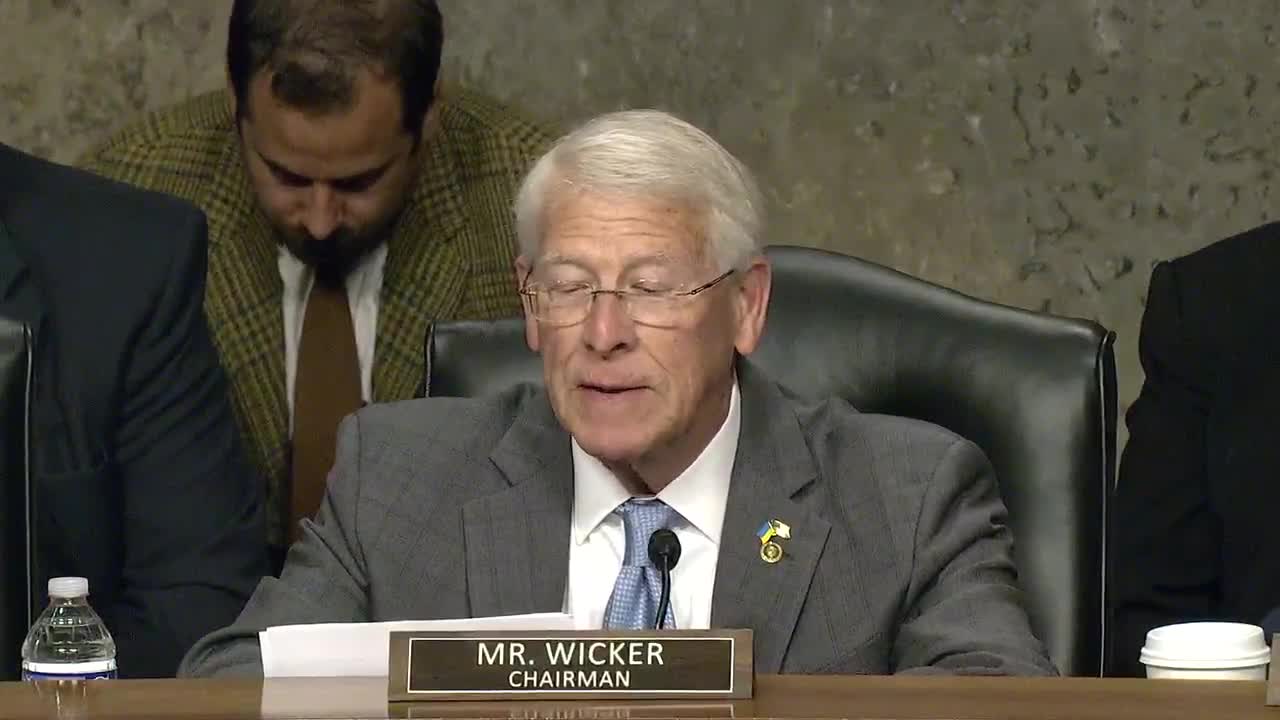Article not found
This article is no longer available. But don't worry—we've gathered other articles that discuss the same topic.
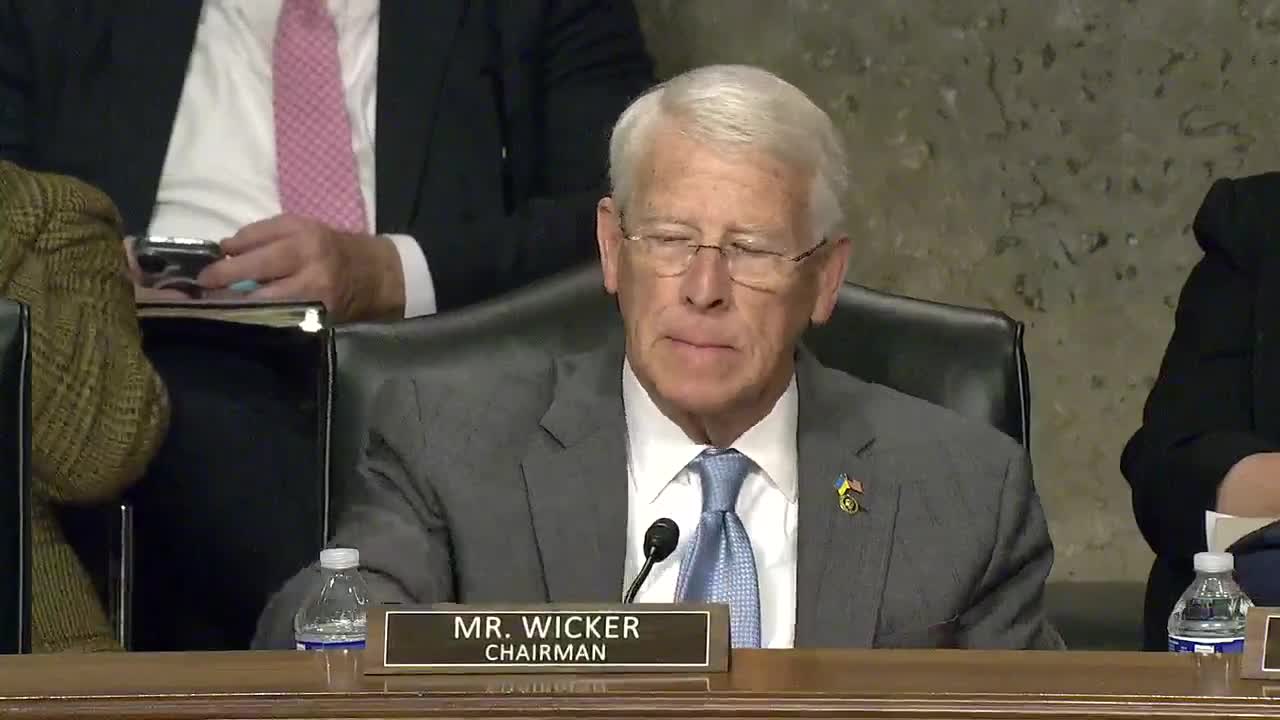
Senators press Army on transparency after Black Hawk collision; Army cites ongoing investigations
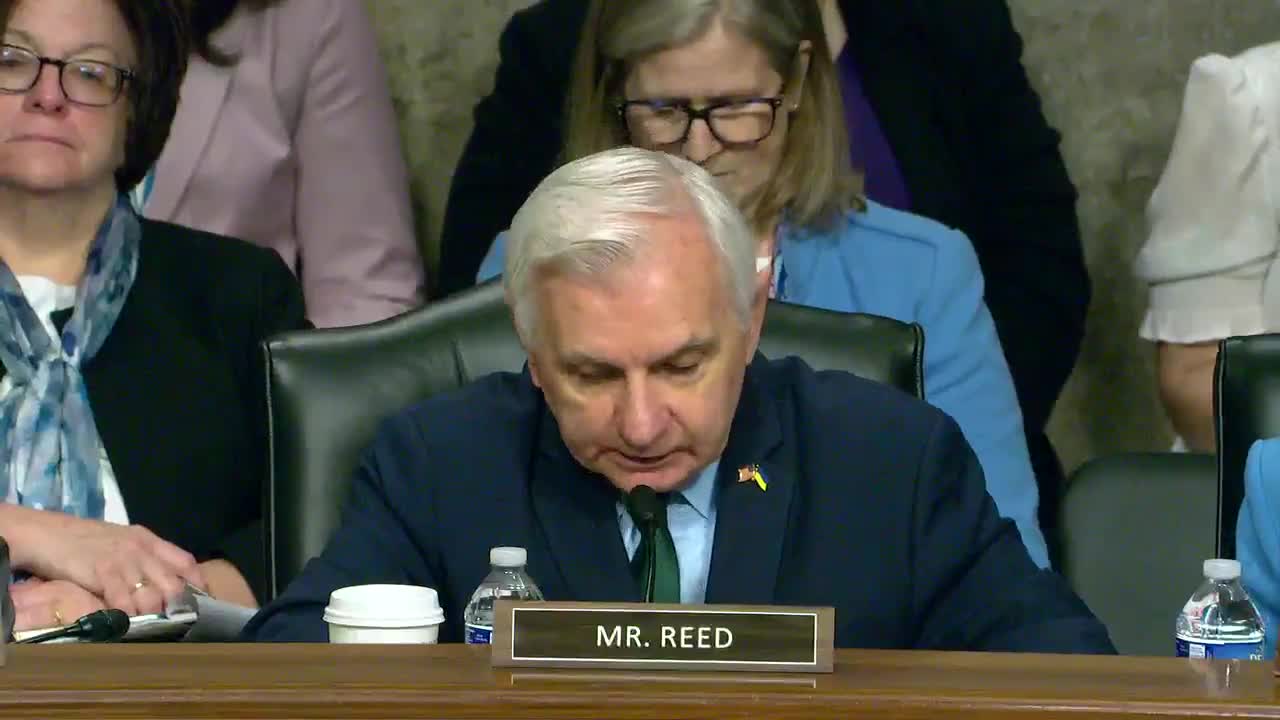
Senators press Army over proposed southern border deployments and use of Guard for immigration enforcement
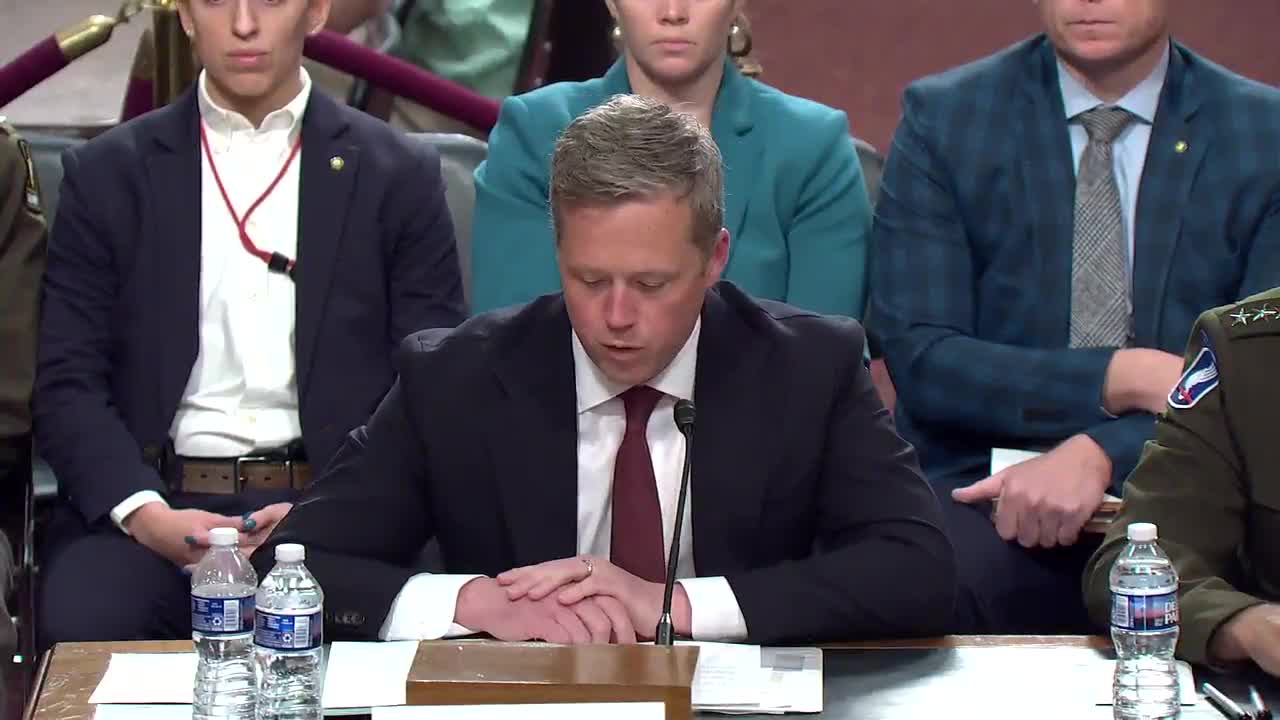
Committee hearing highlights urgency of counter‑drone, electronic warfare investments
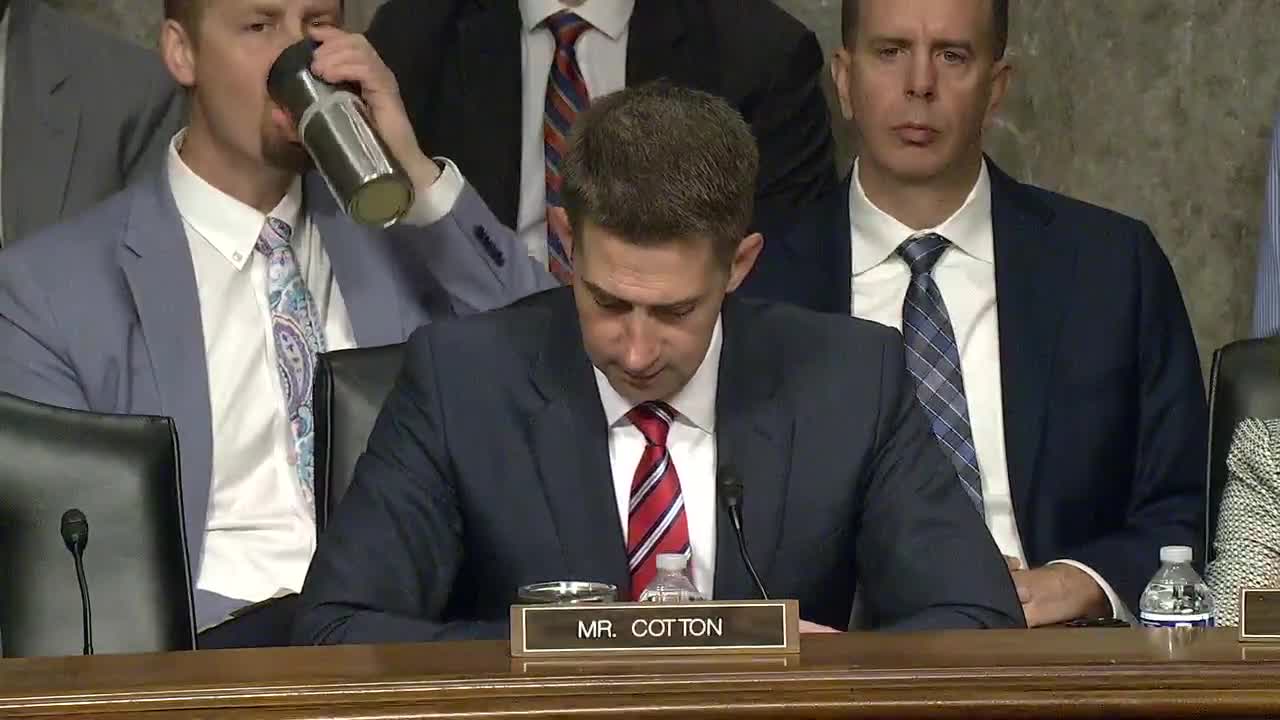
Senators press Army on munitions shortfalls and future of arsenals
